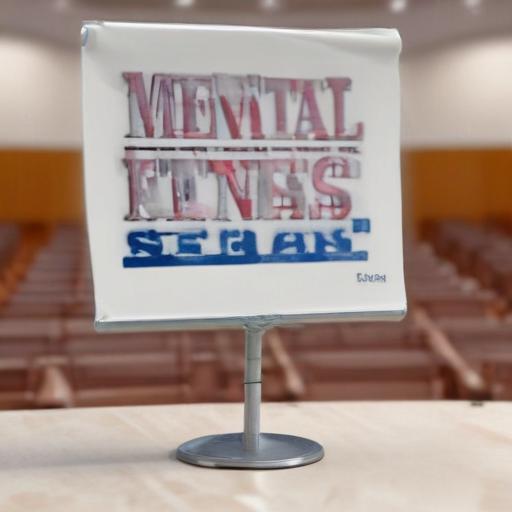In a recent discussion, Washington Examiner senior writer Joe Concha criticized former White House press secretary Jen Psaki regarding her defense of President Biden’s cognitive abilities. He suggested that her remarks lacked clarity and perspective, saying that one does not need medical expertise to recognize signs of mental decline. Concha pointed out various public instances that he believes illustrate Biden’s struggles, including gaffes involving world leaders and mishaps like falling during public appearances or forgetting cabinet members’ names.
During an interview on Mixed Signals, Psaki contended that aging happens “quite quickly” and rebuffed Concha’s claims by attributing criticisms of Biden to right-wing media narratives. She stated that her role was to protect the administration and its agenda, implying that she might not disclose more than necessary about the president’s state of mind. When pressed about whether she could have been more open about her observations, she maintained that she observed Biden as capable during her tenure.
Concha, however, questioned Psaki’s stance, indicating that her loyalty may have clouded her judgment about Biden’s fitness for office. He articulated frustration over her insistence that his administration was functioning well despite evidence to the contrary. Psaki also defended Biden against personal attacks regarding instances of alleged unprofessional behavior, such as falling asleep at work, which she denied.
This exchange underscores the ongoing debate about political figures’ mental fitness and the responsibilities of their advisors in addressing public concerns. The dialogue reflects a broader concern among many observers regarding the implications of leadership health on governance. While opinions vary widely on Biden’s performance, these discussions bring to light the critical need for transparency in political leadership.
Ultimately, there is an opportunity for constructive discourse surrounding the topic of aging leaders in politics and how they communicate their challenges and capabilities to the public. It is hoped that these conversations can lead to a better understanding of the nuances involved in leadership, accountability, and public perception.
